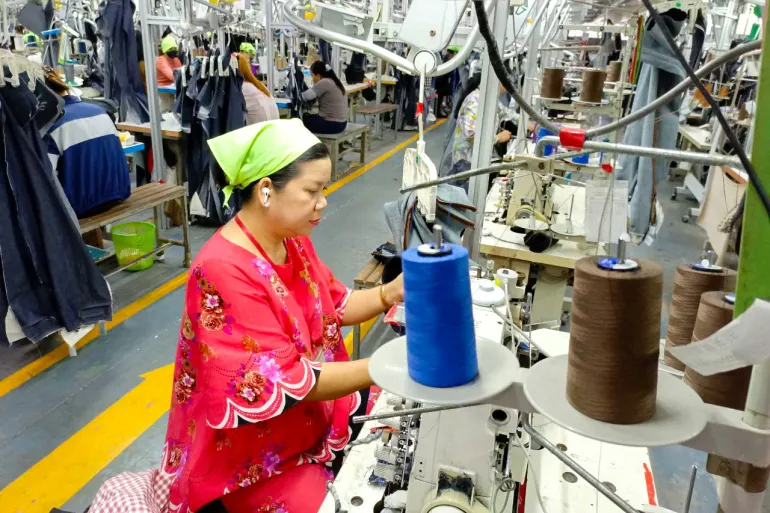A U.S. appeals court has issued temporarily halted the Trump administration’s strategy to end Temporary Protected Status (TPS) for some 12,000 Afghans living in the United States.
The administrative stay, effective until July 21, came after an immigration advocacy union dubbed CASA filed a lawsuit challenging the Department of Homeland Security’s decision to revoke TPS protections for Afghan and Cameroonian citizens, adopted in April. The legal action described the move as “arbitrary and discriminatory,” adding that it would cause “irreparable harm” to those affected.
Temporary Protected Status allows nationals of countries facing extraordinary crises to live and work legally in the U.S. The court’s pause does not resolve the broader legal battle but gives more time for court hearings before the protections are lifted.
Advocates, including those whose members helped U.S. forces in Afghanistan, warned that revoking TPS would leave many facing unsafe conditions back in the embattled Asian country. A collective of veterans and community groups welcomed the ruling as vital for the safety of those potentially affected by it.
The government now has until 11:59 p.m. ET on July 17 to file its response to the stay request, with proceedings expected to move rapidly.
With input from Al Jazeera









The latest news in your social feeds
Subscribe to our social media platforms to stay tuned